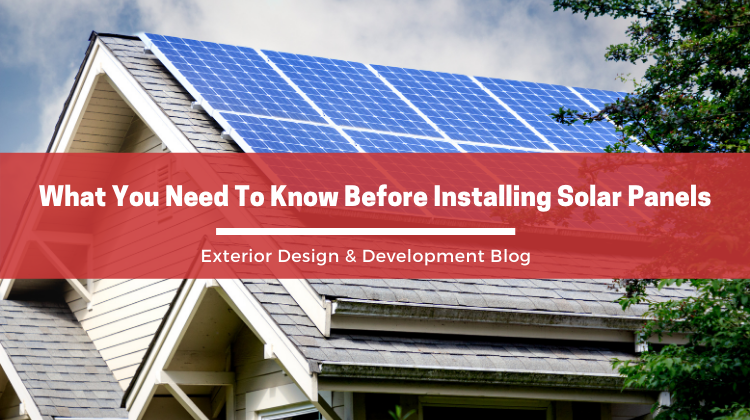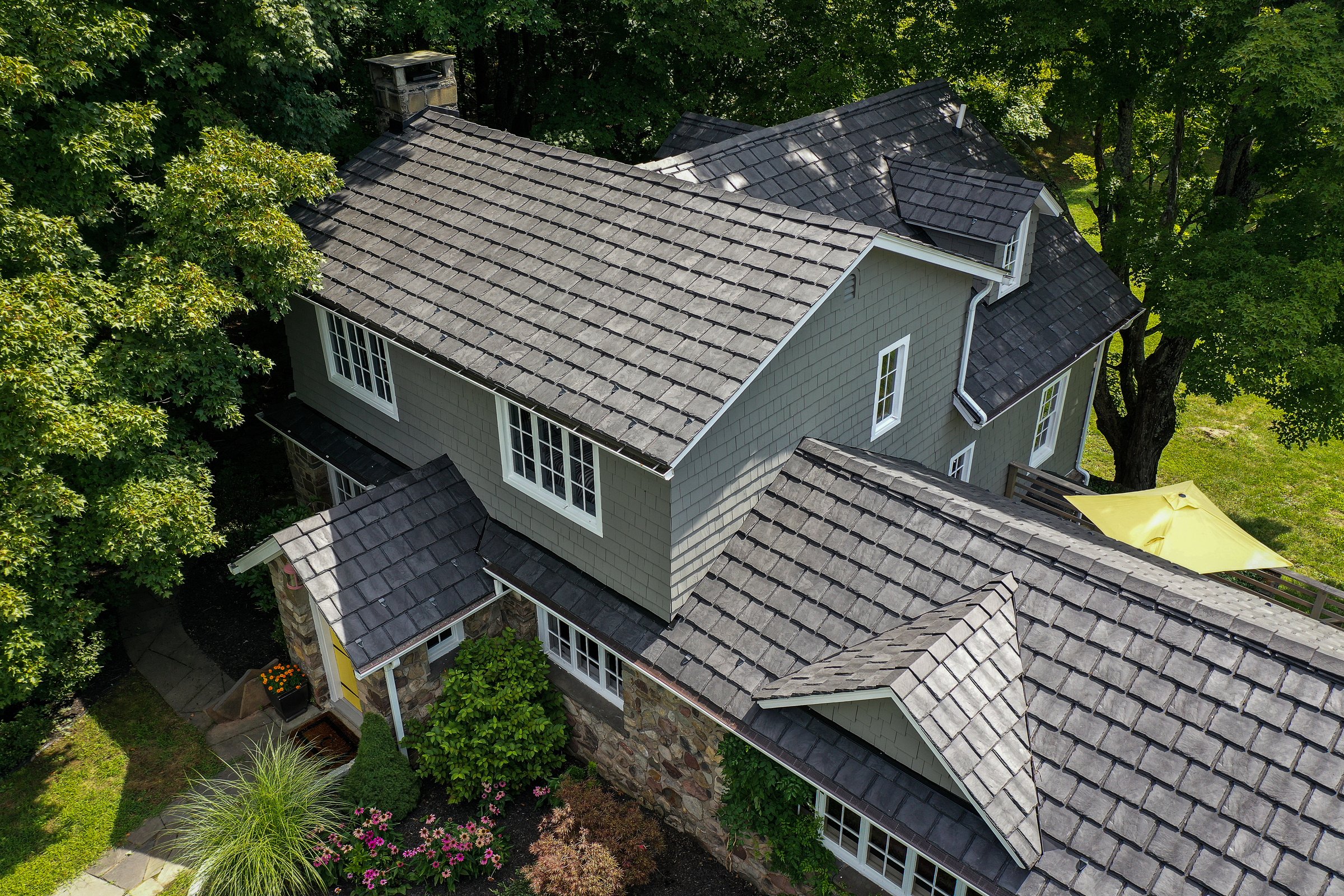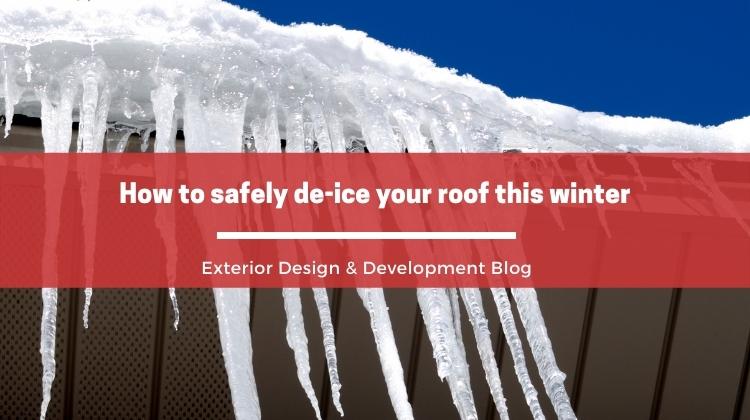A lot of people are looking to install solar panels on their roofs as a way to reduce their electricity bills. A few years ago, the panels were prohibitively expensive and only available for homes with very sunny areas. But, as technology has improved prices have dropped and these days just about anyone can afford them. In this article, we're going to look at what you need to know before installing rooftop solar panels on your home or business property.
Reduced Energy Bills
In general, you'll save money by installing panels. The savings will vary depending on your location and the type of system (rooftop versus ground-mounted), but you can expect to see at least 20% of your current utility bill after installation. It's important to note that just because the panels are now affordable, doesn't mean it's a good idea to rush into it. Take the time to do some research and talk to experts before you make a decision one way or the other.
Potential Risks of Solar Panel Installation
Before installing solar panels, it's important to note that not all structures are built to support the weight of most solar panels. A roof with a low pitch, for example, can be structurally weaker than more ideal roof surfaces. This isn't a problem if you're installing a ground-mounted system, but might be a serious issue if you're trying to install a rooftop panel box. If solar panels are installed on an unfit surface, the structure can be at risk of collapse. You should always check with a structural engineer to ensure the roof on your home is designed to accept the new weight before moving forward with your project. The potential damage from an improperly installed solar panel system can be very costly.
Applying for Government Incentives and Rebates
An excellent way to help pay for the cost of solar panels is by applying for government incentives and rebates. The process is certainly not complicated, but it does take time. And, there's more than one option to consider. For instance, if you own your home and want to install solar panels, the contributions from the federal government for a new system are limited. They're based on the value of your home. So, if you buy a new home with a large solar system, you can't use this program to help pay for it. On the other hand, if you already have property that is subject to property taxes and are building a new house, there are federal and state tax incentives that can be applied towards your solar panel construction costs. You can also apply for rebates if you live in a state that offers them.
Paying For Solar Panels Upfront Versus Leasing
Another thing you'll want to look into is whether you can get solar panels by buying them or leasing them. If you choose the former, then it makes sense to take advantage of home equity loan programs that allow homeowners to borrow money at low-interest rates (as little as 3%) and use it for solar panel purchases.
However, if you choose to pay in monthly installments over the course of the loan, then you may want to look into leasing. This can be a good choice if you don't want to deal with the hassle or time involved with finding a bank that is willing to loan out money for solar panel purchases.
How Much Solar Panels Will Cost
One of the most common questions people have about solar panels is how much they'll cost. That's a difficult question to answer because it depends on several factors. The panels themselves are the most expensive part of the equation, but you'll also have to hire technicians to install them and other professionals such as surveys to make sure they're correctly installed.
In general, you can expect to pay between $8 and $10 per watt for solar panels. That is, if you're purchasing them and installing the system yourself. If you're leasing the system, then the company who installs it will also buy the panels and then rent them to you over a period of time.
What Size Of System Should I Have Installed?
There are several things that determine how big a solar panel system will be: your power usage, what type of roof surface you have, geography (solar potential), and government rebates or incentives. The most popular solar panels are the thin-film solar modules, which are made of silicon. One of the biggest factors in determining the size of your system is your power usage. The more power you use, the bigger the system you'll need to have installed. Also, keep in mind that electrical output can vary from panel to panel based on technology. For example, if you install a Pegasus solar panel, it will produce about three times as much energy as a standard solar panel. As mentioned earlier, it's imperative to select a size and weight that will be supported by your current roof.
In conclusion, after reading this article, you should have a better understanding of the benefits and considerations when installing solar panels on your property. It's important to do your research and talk to professionals before making a decision so that you can be sure the right decision is made for your needs.






